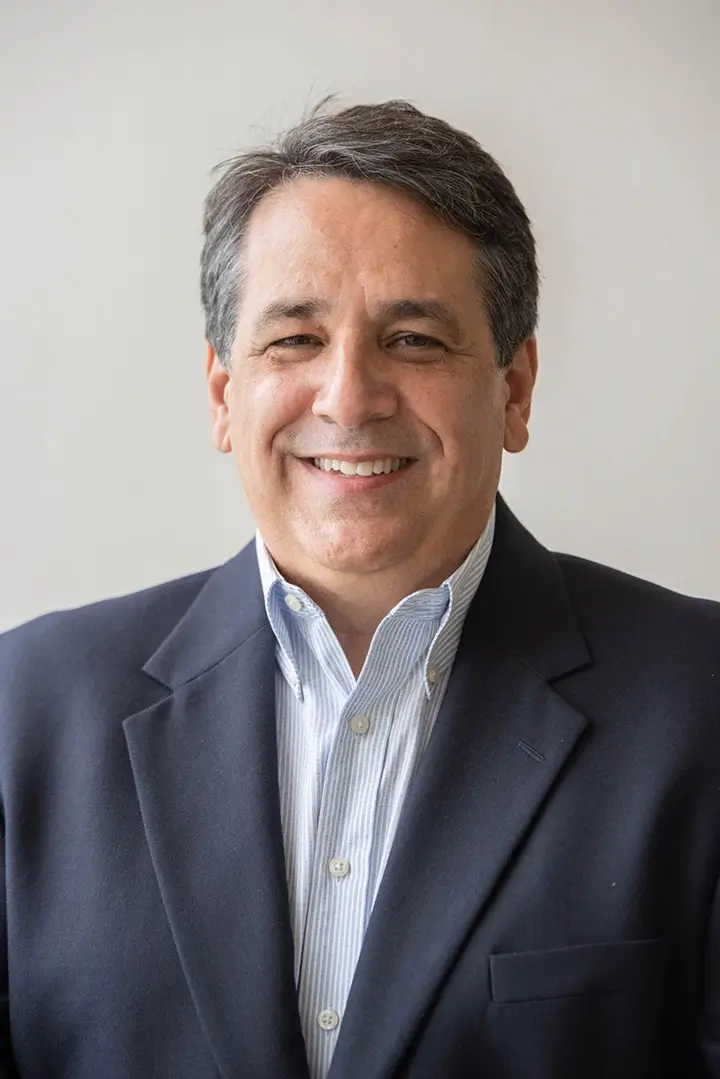Once again, adult stem cells derived from adipose (fat) tissue are in the news for the therapeutic promise that they offer in the treatment of a number of diseases, especially heart disease.
Dr. Stuart Williams of the University of Louisville and the Cardiovascular Innovation Institute in Kentucky is currently in the process of designing a clinical trial, which he anticipates will commence within 9 months, in which adipose-derived adult stem cells will be tested in the treatment of patients with heart failure. He then realistically believes that an adipose-based adult stem cell therapy will be widely available in the U.S. within 3 to 5 years.
A number of studies have already been completed in which adipose-derived adult stem cells have been tested as a therapy for heart failure, with extremely positive results. Current similar studies are also in the process of being repeated on cardiac patients in Spain.
According to Dr. Keith March, director of the Vascular and Cardiac Center for Adult Stem Cell Therapy at Indiana University, "These sorts of cells are extremely readily available and abundant, and their normal function is tissue repair." As Dr. Williams half-jokinglly adds, "God made love handles for a reason."
Dr. Williams, a recognized pioneer in the field of adipose-derived adult stem cells, was originally inspired to investigate fat cells years ago when he met Dr. Martin Rodbell, a biochemist at NIH (the National Institutes of Health) who had won the Nobel Prize in Physiology or Medicine in 1994. Dr. Rodbell’s research interest at that time had focused on adipose cells from rats, especially those cells that floated to the tops of the test tubes. Dr. Williams, on the other hand, became curious about the denser fat cells that sunk to the bottom, and began to investigate their properties. Willliams was later awarded a U.S. patent for developing a method by which stem cells are isolated from adipose tissue – the same method that is employed today by research specialists in laboratories around the world.
The International Federation for Adipose Therapeutics and Science (IFATS) has estimated that there are approximately 300 scientists in the U.S. today who are studying adipose-derived stem cells, with approximately 10 laboratories that are exclusively focused on the topic.
Although adipose-derived adult stem cells have proven to be highly potent, capable of differentiating into a wide variety of tissue types, a few safety questions still remain unanswered. According to Dr. Yong-Jian Geng, for example, director of cardiac research at the Texas Heart Institute, "The main concern is we don’t want to develop fat tissue in the heart."
Whatever discoveries might ultimately be made regarding the clinical viability of adipose-derived stem cells, the ongoing research and clinical trials are an important part of that discovery process. As Dr. Williams further explains, "It’s like space travel. You do it because it’s there. You do it because it’s science and it’s the unknown."

